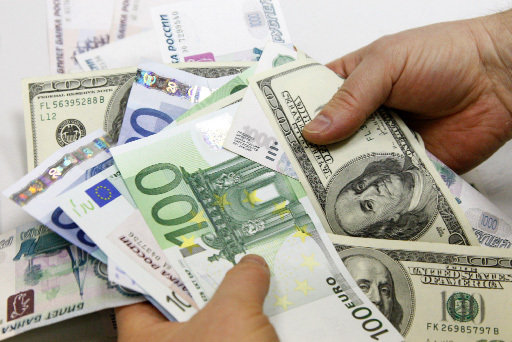MOSCOW, August 13 - RAPSI. The Prosecutor General's Office announced that experts at the United Nations Office on Drugs and Crime, which is also involved in anti-corruption issues, concluded, after discussions in Moscow, that most of the standards of the United Nations Convention against Corruption (UNCAC) were being implemented within Russian legislation in full, the Moscow News daily reports.
Russia ratified the convention on February 17, 2006.
Most experts believe that the optimistic conclusions of the commission deal only with anticorruption legislation and have little to do with actual enforcement. The Deputy Director of Transparency International's (TI) Russian branch, Ivan Ninenko, cited the Daimler case as an example.
In 2010, under a U.S. court decision, the company paid more than $90 million after its offices were found guilty of paying kickbacks for state contracts in other countries, including in Russia. The case has been investigated in the United States in full, but no officials in Russia have found themselves on the defendants' bench. Moreover, last year the Justice Ministry replied to TI's inquiry that it had not been questioned by the Investigative Committee regarding this case.
Ninenko predicts the same course of development regarding the scandal with pharmaceutical giant Pfizer. U.S. authorities brought charges, similar to Daimlers, against its allegedly violating the U.S. law entitled Foreign Corrupt Practices Act (FCPA).
Pursuant to the law, the corporation will bear responsibility for corruption activities even if they are carried out in foreign countries.
On August 7, Pfizer plead guilty of violating the law and being involved in corruption activity in 11 countries, including Russia. The corporation's conviction has already initiated the process of settling claims with the U.S. Department of Justice and the U.S. Securities and Exchange Commission. Eventually, the company and its foreign offices will pay about $60 million in fines.



